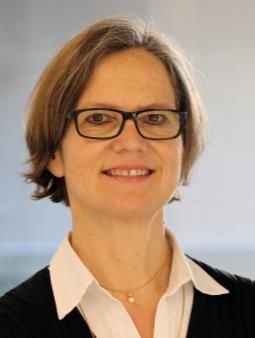Research Group Sabine Werner
Keywords
Skin cancer, wound healing, FGF, activin, Nrf2
Summary & Mission statement
Our laboratory studies the molecular and cellular mechanisms of tissue repair, with particular emphasis on the rolesof growth factors and reactive oxygen species in this process. In particular, we are interested in the parallels between wound healing and cancer at the cellular and molecular level.
Overview
Tissue injuryinitiates a series of events, which lead to at least partial reconstruction of the injured body site. With the exception of the liver, which can completely regenerate in most cases, repair of other organs is imperfect and results in scar formation with functional impairments. There are many conditions in humans, which are associated with impaired tissue repair, including old age, steroid treatment, diabetes and cancer. Therefore, there is a strong need to improve the healing process. This requires a detailed understanding of the underlying cellular and molecular mechanisms. By trying to elucidate these mechanisms, our research shall help to develop new strategies for the improvement of tissue repair.
An exciting aspect of our research is the analysis of the parallels between tissue repair and cancer. Weidentify and functionally characterize genes and signaling pathways, which orchestrate both processes, with a focus on the role of growth factors and transcriptional regulators. We use the mouse as a model organism to address these questions. Collaboration with clinical partners will help to determine the importance of our findings for the human situation and to transfer our research results into clinical practice.
Publications